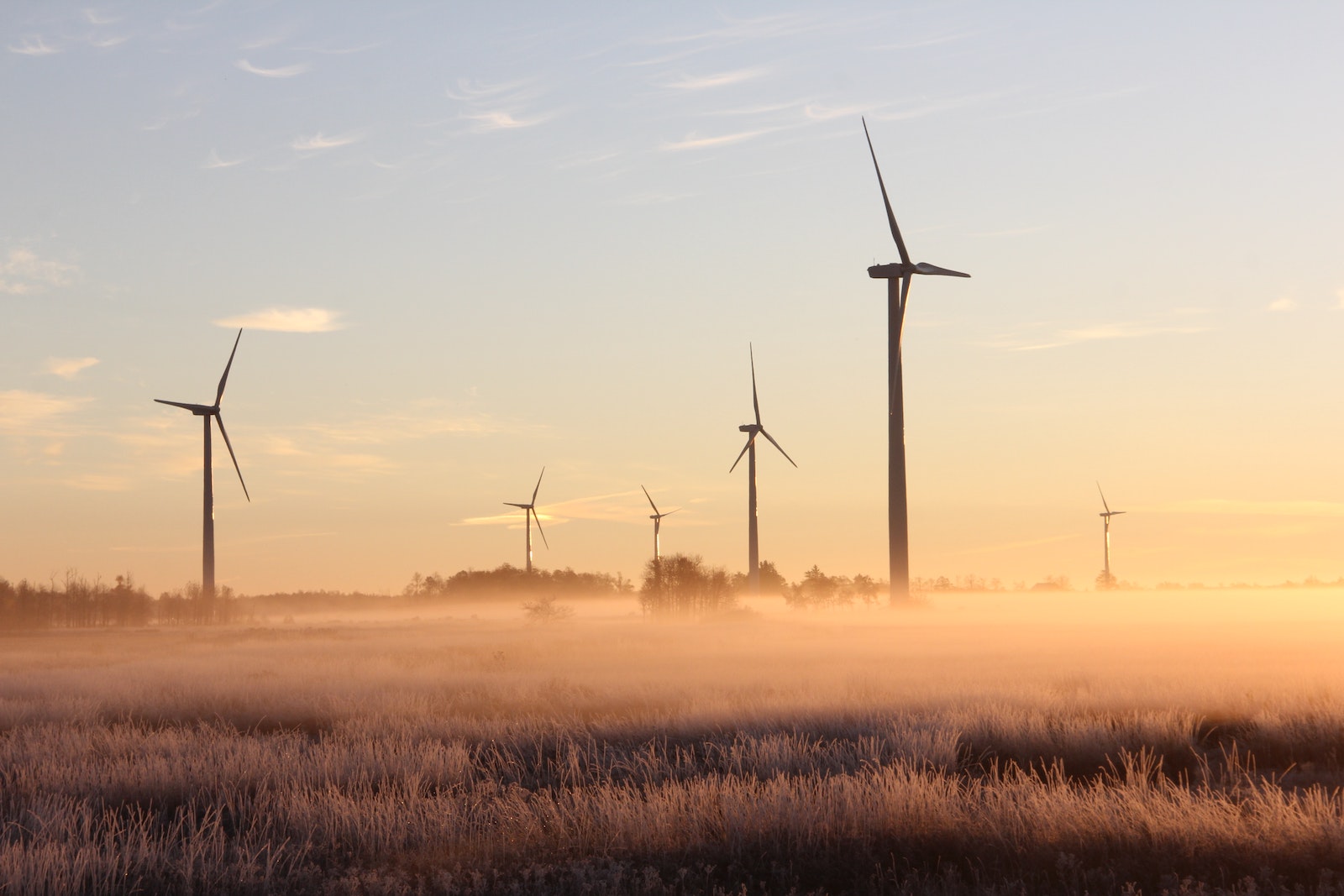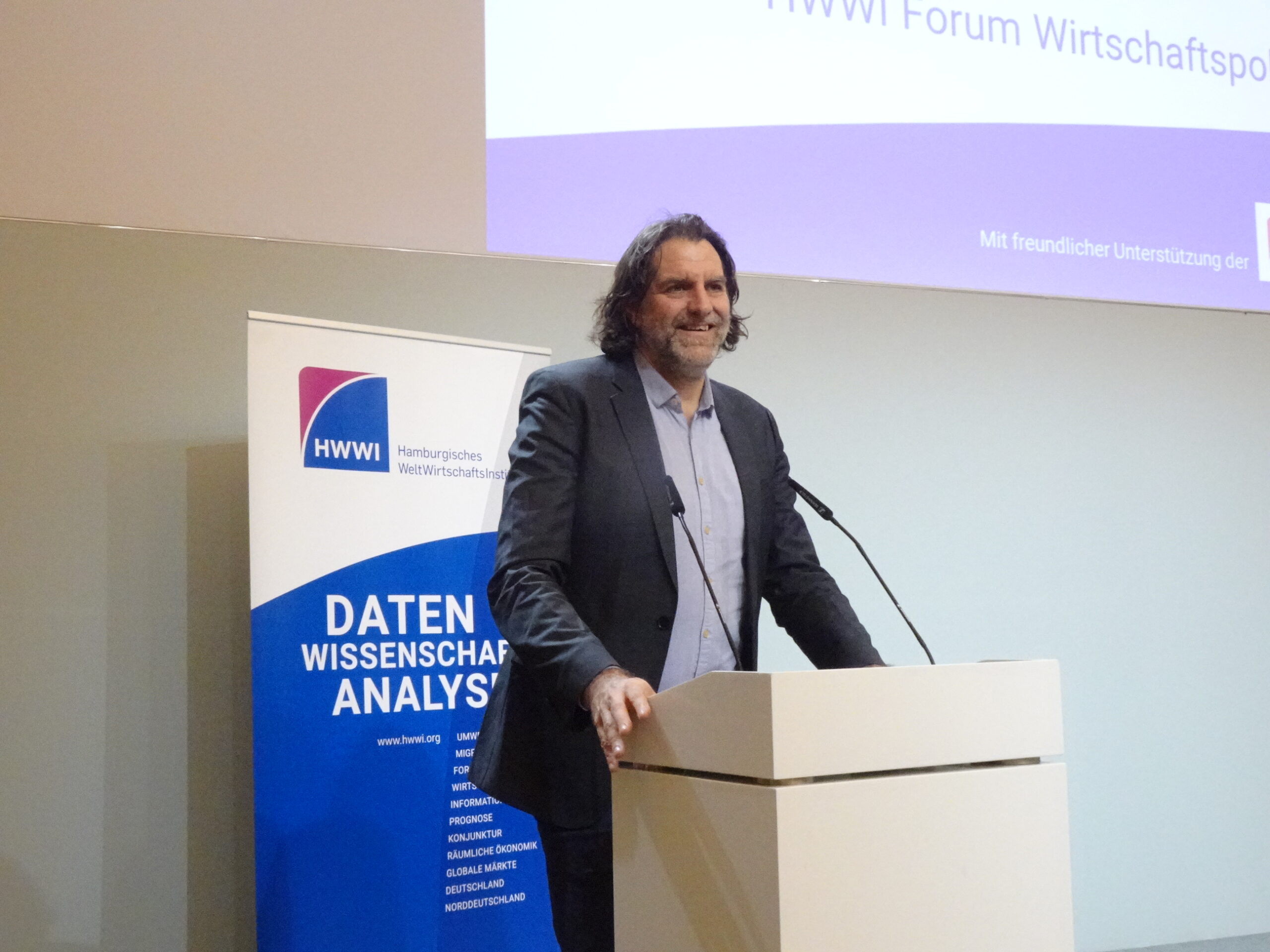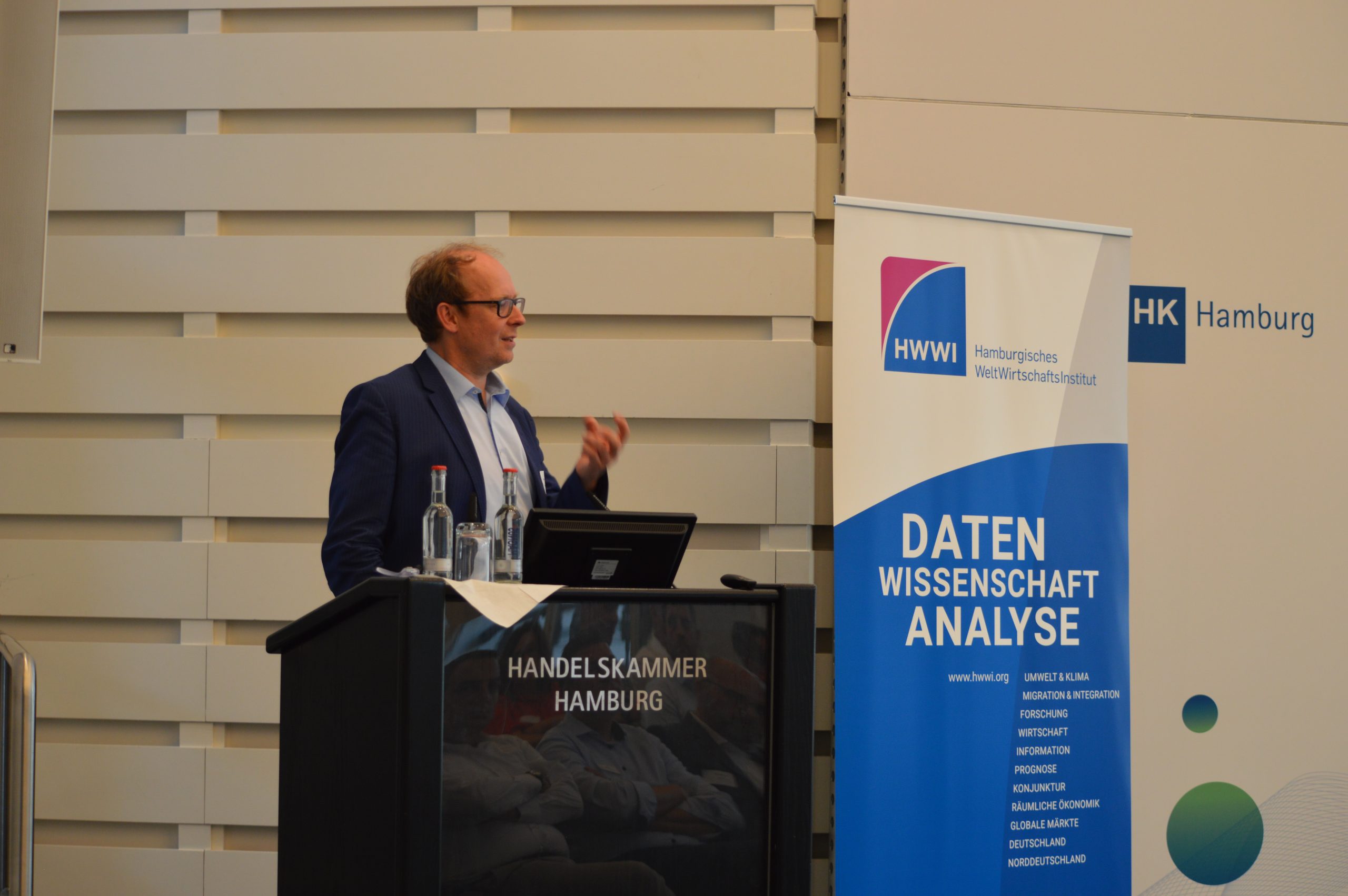Environmental & Climate Economics
Environmental economics is the study of the cost-effective allocation, use, and protection of the world's natural resources. Climate Economics is concerned with the magnitude and distribution of damage caused by climate change. It also informs the policies and approaches for mitigation and adaptation to climate change from global to household scales.

In the course of industrialization and the resulting economic growth, the environment was increasingly affected. For a long time, little emphasis was placed on environmentally friendly production processes and environmentally friendly consumption. The main reason for this is the occurrence of external effects in which the producer or consumer of a good does not have to bear all the economic consequences of their actions. For example, if wastewater can be discharged into public waterways or exhaust gases can be discharged into the air, those responsible save on cleaning or disposal costs and as a result, too many of these environmentally damaging behaviors are carried out. The overexploitation of the earth’s environmental resources is becoming increasingly visible. In addition, according to the overwhelming majority of opinions, the production techniques used and consumption habits have contributed significantly to the ongoing process of global warming and will probably continue to do so in the future.
Against this background, HWWI conducts intensive research in the field of environmental and climate economics. The aim is to show how economic instruments can be used to harmonize economic activity and the environment and to appropriately internalize external effects. Since many environmental assets cross borders, these analyzes necessarily have to be carried out in an international context.
HWWI deals particularly intensively with climate economic issues. Research is carried out into how climate change influences the prosperity and subjective well-being of societies, what attitudes the population has towards climate protection and climate policy, and which climate policy measures appear to be suitable for limiting global warming. Particular attention is paid to the question of how climate-related extreme weather events (such as droughts, floods or storms), which occur with greater frequency or intensity as a result of climate change, influence economic activity and how negative effects can be prevented or at least limited.
Publications

Projects

Mountadapt
MOUNTADAPT is an EU climate adaptation project aimed at strengthening the resilience of health systems in response to climate change. The project brings together regional and local institutions across Europe to co-develop and implement innovative climate adaptation solutions. These solutions will be tested in diverse environments, such as the Alpine…

Accelerating the transition towards sustainable heating and cooling based on collective surface water heat pump systems
WaterWarmth is an Interreg North Sea project focusing on the research and promotion of a specific alternative energy source: aquathermal energy (AE). The aim is to enable local energy cooperatives to produce and supply their own heating and cooling systems, thus becoming independent of fossil fuels. Half of the energy…

New Business Models of Circular Economy for the Activation of the European Rural Areas
The project aims to promote the transfer of innovative knowledge on Circular Economy and the development of new business models based on it, which respond to the expectations of national and European labour markets, and which provide new opportunities for activation in the face of current challenges, promoting more modern…

Events

Der deutsche Strommarkt
Prof. Dr. Andreas Löschel

Extreme weather shocks, economic resilience, and the role of local financial structure
Vinzenz Peters, M.Sc.

HWWI Summer Reception 2022
Keynote:
Strommarkt 4.0: Wie können wir die Versorgungssicherheit in Deutschland sicherstellen?
Prof. Dr. Justus Haucap
Heinrich-Heine-Universität Düsseldorf, Düsseldorf Institute for Competition Economics (DICE)




